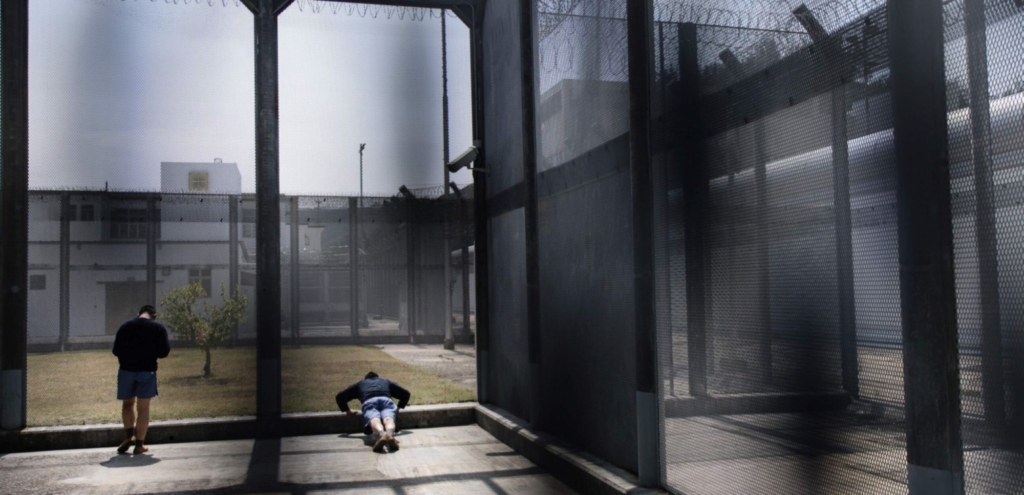We are hopeful that in a matter of days the Senate will vote to adopt a private member’s bill that would require the federal government to begin in earnest the work of implementing global human rights standards to protect the cultures, lives and well-being of Indigenous peoples.
Bill C-262, a Bill to implement the United Nations Declaration on the Rights of Indigenous Peoples, is a vital and necessary step for reconciliation in Canada, consistent with the Truth and Reconciliation Commission’s recognition of the UN Declaration as “the framework” for reconciliation.
However, some Conservative Senators have already used stalling tactics to delay the Bill’s passage through the Senate and there is concern that they might use such tactics again to prevent a final vote.
These Senators have claimed to support the UN Declaration and the rights of Indigenous peoples while asserting that Bill C-262 is “rushed” and that Parliament has not had the opportunity to understand the “far-reaching” implications of implementing the UN Declaration.
Nothing could be further from the truth.
Bill C-262 was adopted by the House of Commons more than a year ago following Committee hearings in which 71 witnesses were called. The Bill has now been subject to further consideration in the Senate. More to the point, the UN Declaration itself is not new or unknown. It rests on a foundation of long-established international human rights standards that have been subject to extensive debate in Canada and internationally.
The UN Declaration was the product of more than two decades of deliberation within the UN system before its adoption in 2007. No other international human rights instrument has been subject to such long and rigorous consideration. Critically, Indigenous peoples from Canada and federal officials both played an active role in this lengthy process.
Since its adoption in 2007, the Declaration has also been reaffirmed ten times by consensus resolutions of the UN General Assembly. No State in the world currently objects to this human rights instrument.
Furthermore, all the provisions of the Declaration reflect norms and standards that were already established in international law when the Declaration was adopted. This includes provisions on self-determination contained in international treaties ratified by Canada in the 1970s.
Because of the Harper government’s initial opposition, the UN Declaration has also been the subject of extensive public debate in Canada, including within Parliament.
In 2010, the Harper government issued a formal statement endorsing the Declaration, adding that the government was “confident” that the Declaration could be interpreted “in a manner consistent with our Constitution and legal framework.” According to the statement, the basis of that confidence was having reviewed the Declaration, listened to Indigenous leaders, and learned from the experience of other countries.
In its Calls to Action, the Truth and Reconciliation Commission of Canada has called on federal and other governments to fully implement the UN Declaration as “the framework” for reconciliation.
Bill C-262 is itself modest in scope. Canada has repeatedly committed to implement the UN Declaration. The Bill would create a legislative framework to guide the federal government’s role in that work of implementation.
Critically, the Bill does NOT have the effect of codifying the Declaration into Canadian law.
Bill C-262 calls for a process by which federal laws can be reviewed in a systematic and collaborative way to ensure that Canada’s commitment to uphold the UN Declaration is being met. It would be up to Parliament to enact any required legislative changes identified in this process.
The fact is that Canadian courts regularly use international human rights standards to interpret Canadian law and work to avoid contradictions between the interpretation of Canadian law and Canada’s international commitments. The UN Declaration is already being applied by Canadian courts to interpret Canadian law in exactly this way. C-262 affirms this practice.
The Bill also calls for the government to collaborate with Indigenous peoples in developing a broader national implementation plan. Parliament would be provided an annual report on the progress being made.
Surely this is a better way forward than the piecemeal, uncoordinated and often contradictory approach taken to meeting Canada’s international human rights commitments?
The Liberal government has shifted position to fully support Bill C-262 just as the Conservative government before it changed its position to formally support the UN Declaration. By setting out a legislated requirement to move ahead with the work of implementation of the UN Declaration, Bill C-262 provides an important insulation against whatever political winds may blow under future governments. Anyone who supports implementation of the Declaration should support such a measure.
Because there is no basis for claims that C-262 has been rushed, our Nations and organizations call on all Senators to ensure the Bill is brought to a vote in a timely fashion and passed into law during this session of Parliament. If, instead, some Senators continue to employ procedural tactics to essentially kill the Bill, and oppose the human rights of Indigenous peoples, this will be a very regressive and shameful landmark in the history of the Parliament of Canada.
The Coalition for the Human Rights of Indigenous Peoples (declarationcoaliton.ca)
This statement was endorsed by the following organizations and individuals:
Amnesty International Canada / Amnistie international
Assembly of First Nations
BC Assembly of First Nations
Canadian Friends Service Committee (Quakers)
First Nations Summit
Grand Council of the Crees (Eeyou Istchee)
Indigenous Bar Association
Indigenous World Association
KAIROS: Canadian Ecumenical Justice Initiatives
Métis Nation
Mariam Wallet Med Aboubakrine, Past Chair, UN Permanent Forum on Indigenous Issues
Brenda Gunn, Associate Professor, Robson Hall Faculty of Law, University of Manitoba
Sheryl Lightfoot, Canada Research Chair in Global Indigenous Rights and Politics, University of British Colombia
Dr. Wilton Littlechild
Wendy Moss
For more information on implementation of the UN Declaration, please see our new factsheets.
Interpreting the UN Declaration on the Rights of Indigenous Peoples
Myths and Misrepresentations about the UN Declaration and Bill C-262
Free, Prior and Informed Consent FAQ




















